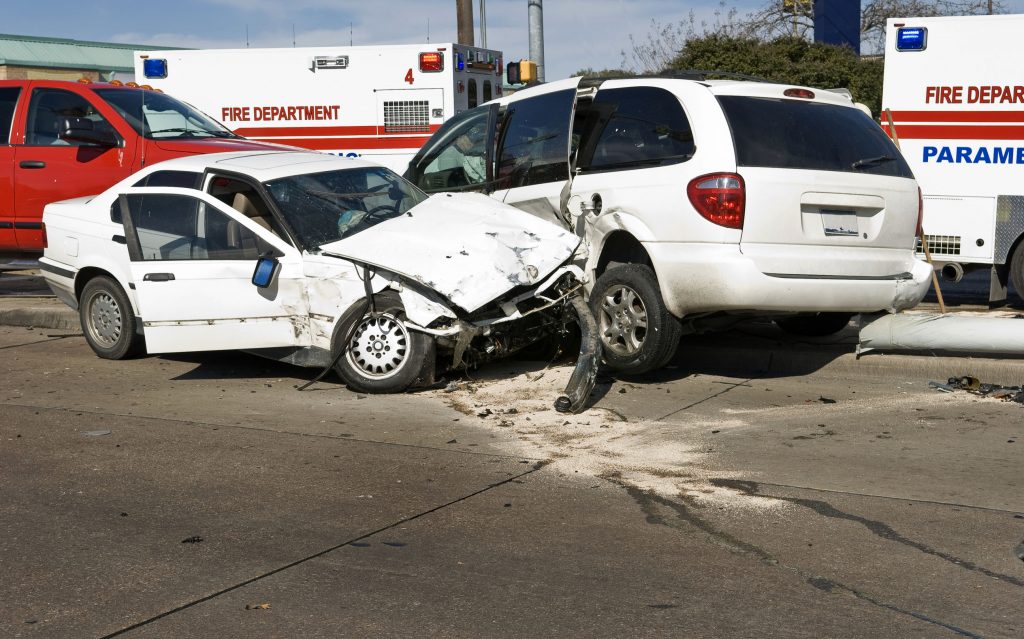
The latest chapter of the Takata airbag scandal was written this week, when the Chief Finance Officer, Yoichiro Nomura, pleaded guilty to one count of wire fraud. Takata is to pay $1 billion in total as per an agreement between the corporation and the US Department of Justice. The question still stands whether this is an appropriate amount given that Takata Corp. lied about the safety of their ammonium nitrate airbags. According to an NPR report, the airbags are prone to inflating with so much intensity that metal shards can go flying throughout the vehicle in the event of a crash.
The Extent of the Damage
This defect has caused at least 11 deaths in the U.S. and 17 deaths worldwide over the past 10 years and over 42 million vehicles have been fitted with this defective product. What’s more is that the faulty Takata product has been linked to over 150 injuries.
In terms of the affected vehicles, a congressional report came out last summer showing that at least four major car companies (Fiat Chrysler, Mitsubishi, Toyota and Volkswagen) have been knowingly installing the faulty inflators in new vehicles to save on costs. Moreover, in the US alone, 19 companies have been affected by this fiasco. Internationally it has been reported that over 100 million devices will have to be recalled. Even more worrisome, at the beginning of February, BMW had to recall 230,000 vehicles because it discovered that Takata airbags may have found their way into cars after the original Petri inflators had already been deployed. This may mean that other vehicles throughout the world will have Takata airbags installed after the initial inflation, making the problem even more intractable.
As for the $1 billion sum, $850 million will go to auto companies; $125 million will go to victims; and $25 million will go to the US government. It is difficult to say whether the payment to the victims is a fair amount given the pain that Takata has caused.
Is $1 Billion Enough?
Given the extent of the damage, the morbid actuality of 17 deaths and the brazenness of companies who continue to utilize this product, one wonders why more isn’t being done by regulators like the National Highway Traffic Safety Administration (NHTSA) or the US Justice Department. Furthermore, it is questionable whether justice has been served with the recent ruling, particularly when Volkswagen’s decision to cheat emissions tests cost them approximately $21 billion in addition to having to buy back its own vehicles.
The answer as to why Takata has been charged $1 billion and not $1.5 billion is multifaceted. One could argue that Takata Corp. is too big to fail, a phrase that is all too familiar following the financial crisis of 2007-2008. On this view, if the company were fined $1.5 billion, they would be forced to shut down and this could be detrimental to the larger economy, so it’s better to punish the multinational corporations rather than end them completely.
There is however another possible reason for this small kindness. According to an AP report, U.S. District Judge George Caram Steeh, who accepted the deal, says closing Takata “would probably be a fair outcome,” but it would not help the victims get paid. What ultimately matters, according to Steeh, is that the victims who have suffered due to Takata’s reckless behavior get the retribution they deserve. Though Steeh makes a good point, it is ethically questionable whether a company should be allowed to exist if it has put human lives at risk for the sake of increased profit margins. We should take this ethical question seriously; particularly, as certain multinationals stand a good chance of increasing their power under the new administration.
Knowing the best course of action is not easy, but we should always be skeptical when powerful corporations are given a pass even after committing such blatant crimes.



Leave a Comment